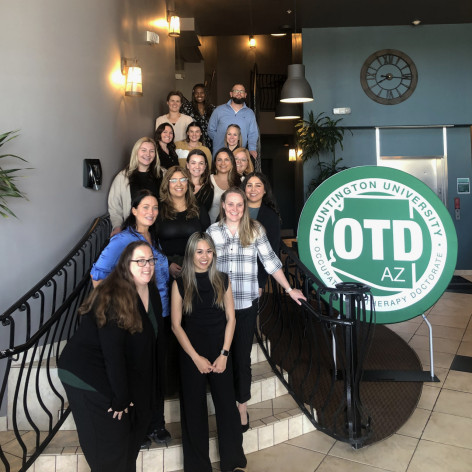Real Relationships: Key to Innovation

What if someone told you that caring relationships in the workplace amplify innovation? According to Binyamin, Friedman, and Carmeli (2017), leader-member caring relationships (LMCRs) increase psychological safety and facilitate innovative behaviors. This is how it works: A member of your organization comes up with a new idea, but this idea breaks formal or informal rules within the organization. Going against the status quo requires an individual to take relational risks and, therefore, increases the anxiety a member experiences. At this stage, this member gives up, because of the possibility he or she will be rejected for going against the rules. In essence, the environment seems psychologically unsafe. Enters LMCRs.
LMCRs move away from leveraging hierarchical relationships for gain (transactional give and take) and moves toward the expression of genuine care for both parties’ needs, including inner needs. LMCRs create a psychologically safe environment which permits the member to not only generate the idea, but also take a relational risk by sharing the idea, overcome anxiety, and advocate or champion the idea to gain the support of others. The bottom line is LMCRs in which both parties attend to inner needs results in greater member-reported psychological safety and innovative behaviors.
With the rapidity of change, organizational members need to innovate. LMCRs may be the solution! However, the leader needs to initiate the caring relationships, because of the hierarchical nature of most organizations. Leaders should cultivate an atmosphere in which leader and members attend to one another’s needs, build connections, and create energy to capitalize on members’ ideas. Though research into the benefits of LMCR is in its infancy, LMCR reinforces the need for leadership to develop soft skills, attends to members’ needs, and develop a psychologically safe environment to amplify innovation.
Dr. Heather St. Peters serves as Assistant Professor of Organizational Leadership with the Institute for Leadership and Counseling at Huntington University. This appointment capitalizes on her doctorate in global leadership, research in human capital development, and continues a twenty-year career in higher education. she received her Doctorate of Philosophy in 2012 from Indiana Institute of Technology, building on an interdisciplinary background with a Master of Science in Communication and Master of Science in Political Science from Illinois State University.
Learn more about Dr. St. Peters and the Master of Arts in Organizational Leadership Program.



